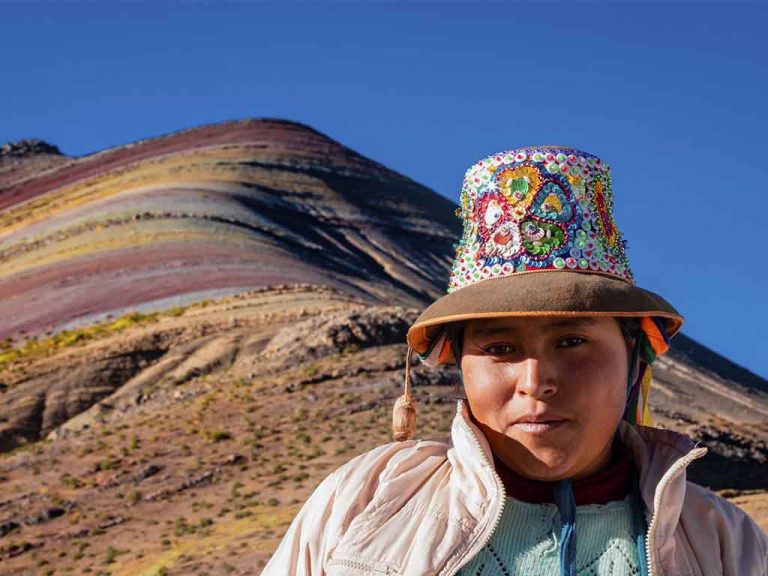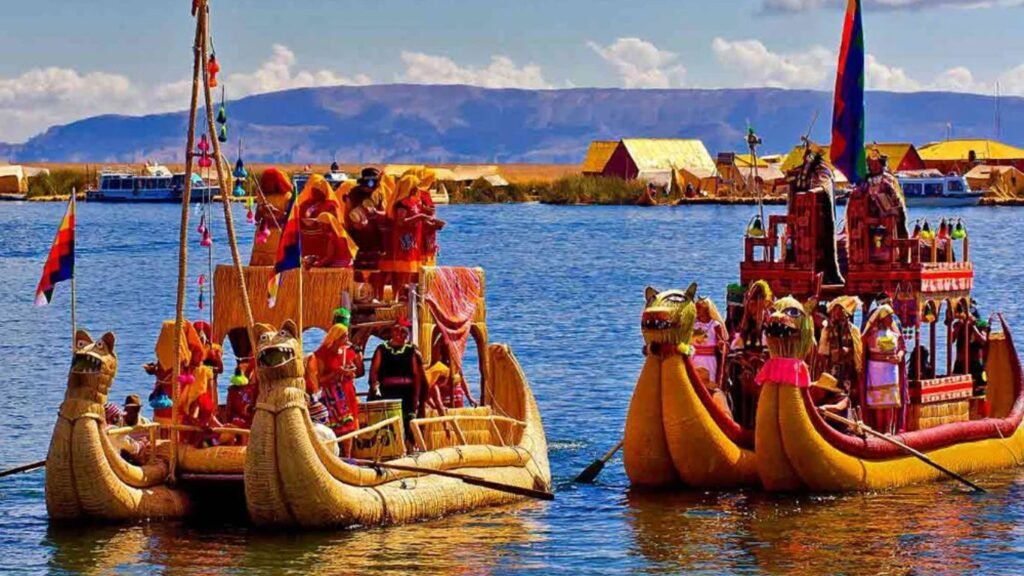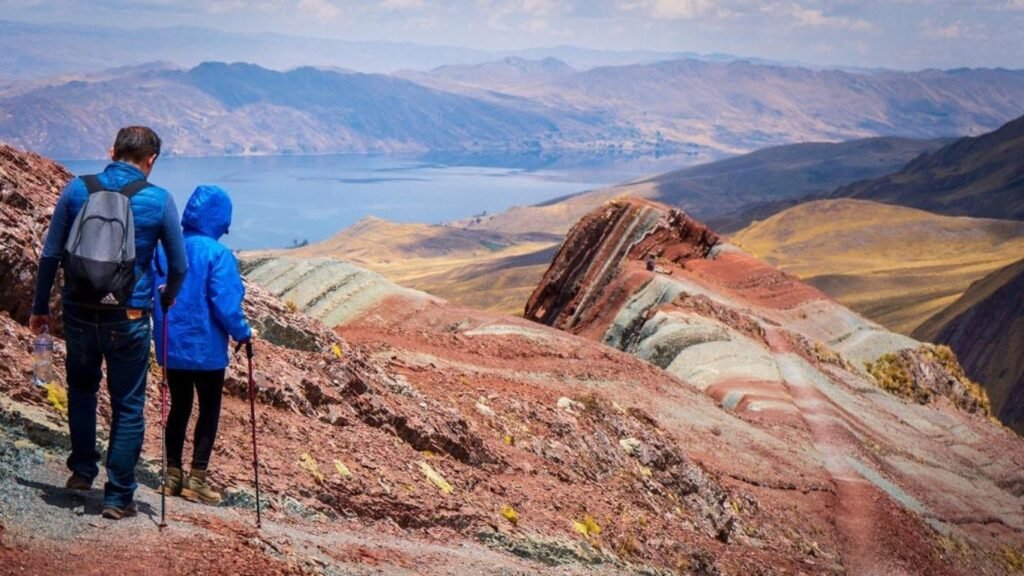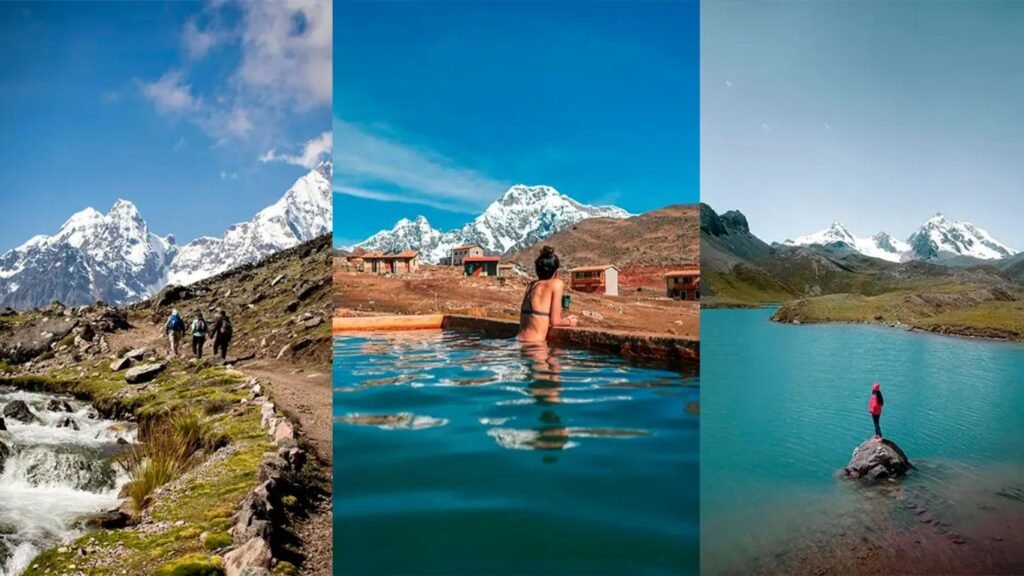How to Physically Prepare for the Salkantay Trek
The Salkantay Trek is one of the most breathtaking hikes to Machu Picchu. This route not only offers stunning landscapes—such as the turquoise Humantay Lake and the majestic Salkantay snow-capped peak—but it also represents a significant physical challenge, especially due to the high altitude and the long walking days.
That’s why preparing in advance is essential to fully enjoy the experience and avoid issues during the journey.
Why Is Training Necessary for the Salkantay Trek?
Although the Salkantay Trek does not require professional mountaineering experience, it does demand a good physical condition. The trek lasts 4 to 5 days, covering 10 to 22 km per day, often at elevations above 4,000 meters (13,000 feet). Without preparation, the altitude and effort can affect your performance.
When Should You Start Training?
Ideally, you should begin your physical preparation at least 4 to 6 weeks before your trip.
👉 If you lead a sedentary lifestyle, it’s best to start even earlier so your body gradually adapts to the effort required.
Basic Training Plan for the Salkantay Trek
Here’s a simple yet effective routine to get in shape:
Long Walks (3 times per week)
Simulate the trek by hiking on trails, hills, or mountains. Begin with 5 km and progressively increase until you reach 12–15 km per session.
Cardiovascular Exercises (2–3 times per week)
Running, cycling, swimming, or using an elliptical will improve your lung capacity and endurance—key to withstanding long trekking days.
Leg and Core Strengthening (2 times per week)
Include squats, lunges, calf raises, and core workouts. Strong legs and core muscles will help you maintain balance and stability on uneven terrain.
Altitude Training (if possible)
If you live near high-altitude areas—or can train there before the trek—take advantage of it. This helps with acclimatization and reduces the risk of altitude sickness.
Additional Tips to Prepare for the Salkantay Trek
Acclimatize in Cusco: Arrive at least 2 days before starting the trek. Avoid intense activities during those days and drink plenty of water.
Balanced Diet: Prioritize proteins, fruits, and vegetables while staying well hydrated.
Practice with Your Backpack: Train with a backpack similar in weight to the one you’ll carry during the trek.
Listen to Your Body: Rest if you feel pain or extreme fatigue. Consistency matters more than pushing too hard.
Conclusion
The Salkantay Trek to Machu Picchu is a once-in-a-lifetime adventure that combines nature, culture, and challenge. With the right preparation, you’ll be able to enjoy every stage of the journey without struggling with exhaustion or altitude sickness.
Start training early, arrive well acclimatized in Cusco, and you’ll be ready to live one of the most rewarding experiences in Peru.
